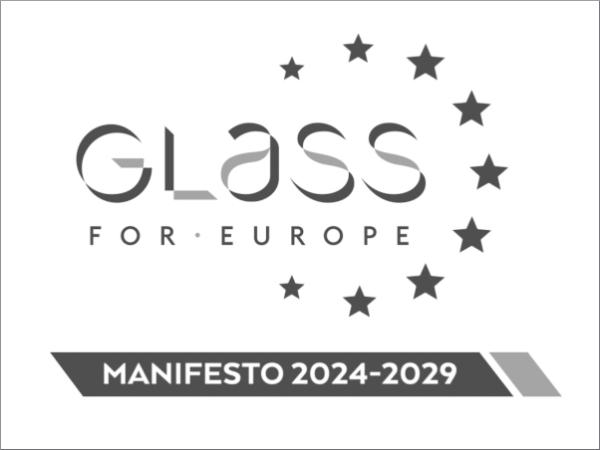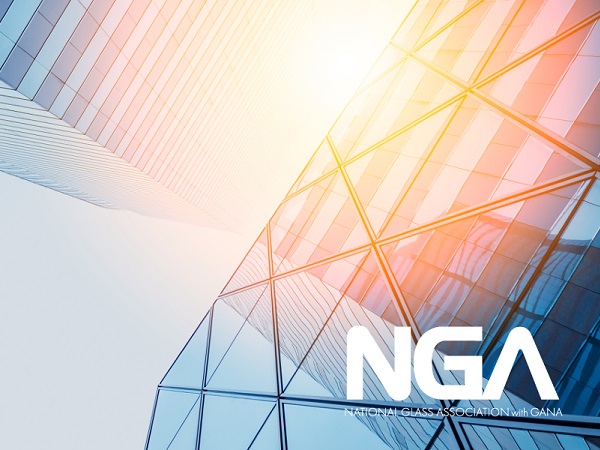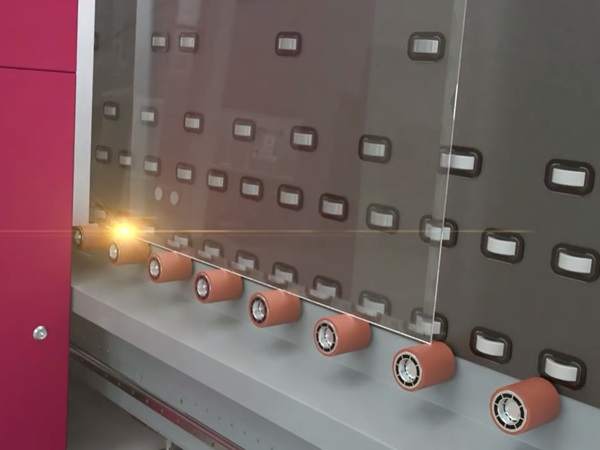
Date: 8 February 2024
It initiates discussions on the necessary measures to create an environment conducive to significant CO2 emissions reduction, aligning with Europe’s 2050 climate-neutrality objective. However, the challenges of achieving this goal while maintaining global competitiveness for European industries cannot be overlooked.
In this context, Glass for Europe releases today its video “Support energy and carbon efficiency of industrial process”, whose topic is one of the priorities of its 2024-2029 manifesto series. It is meant to inform discussions that must be at the heart of the next mandate of the European institutions.
The video features insights from industry executives Davide Cappellino (AGC Glass Europe) and Joana Arreguy (Saint-Gobain), as well as Bertrand Cazes, Secretary General of Glass for Europe. They discuss the flat glass industry’s efforts to reduce emissions and the accompanying challenges. While investing in new technologies and scaling up recycling practices pose significant economic, technological, and industrial challenges, Glass for Europe advocates for a set of measures and EU policies to facilitate the industry’s transition.
Amidst the current economic and geopolitical context hurting European industry, Maroš Šefčovič, Executive Vice-President for the European Green Deal, emphasizes the need to avoid the “very real risk of deindustrialization and social tensions”. To ensure that manufacturing sites can remain in Europe and to accompany the flat glass industry in its transformation, Glass for Europe suggests the following policies:
- To massively invest in the production and infrastructure of low-carbon energy sources to ensure their long-term availability and affordability.
- To ensure the proper functioning of the carbon market post-2030.
- To de-risk investments in innovative flat glass manufacturing technologies.
- To make EU-made low(er) carbon products more attractive and to guarantee a real level-playing field so that European products can compete on an equal footing with imported products.
This video marks the fourth instalment in a five-part series that constitutes Glass for Europe’s manifesto, titled ‘A Mandate to Focus on Enabling Sustainable Transformation.’ These videos serve as a foundation for discussions with European officials and civil society, aiming to shape European policies over the next five years.
Access all manifesto videos here.
 600450
600450








Add new comment